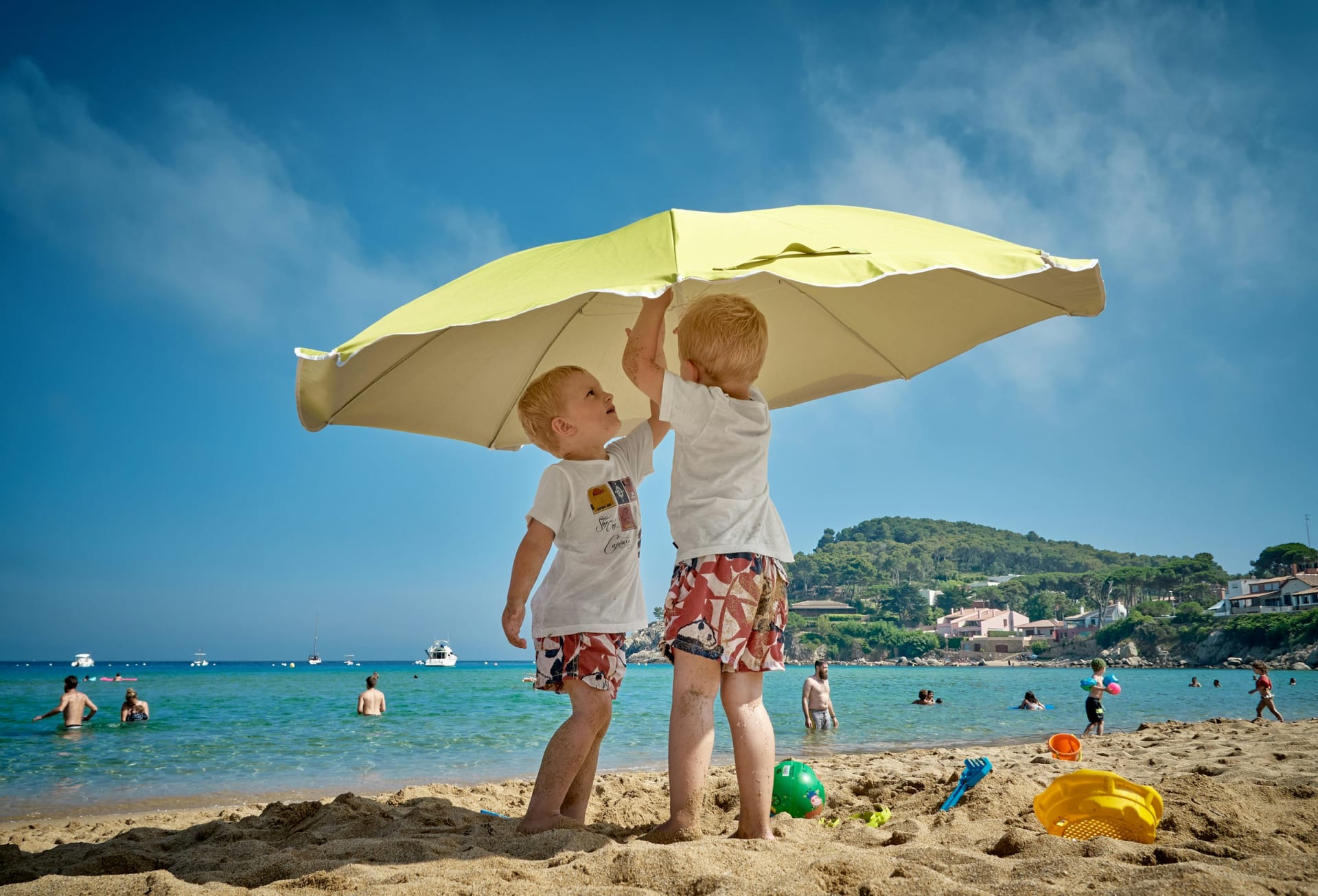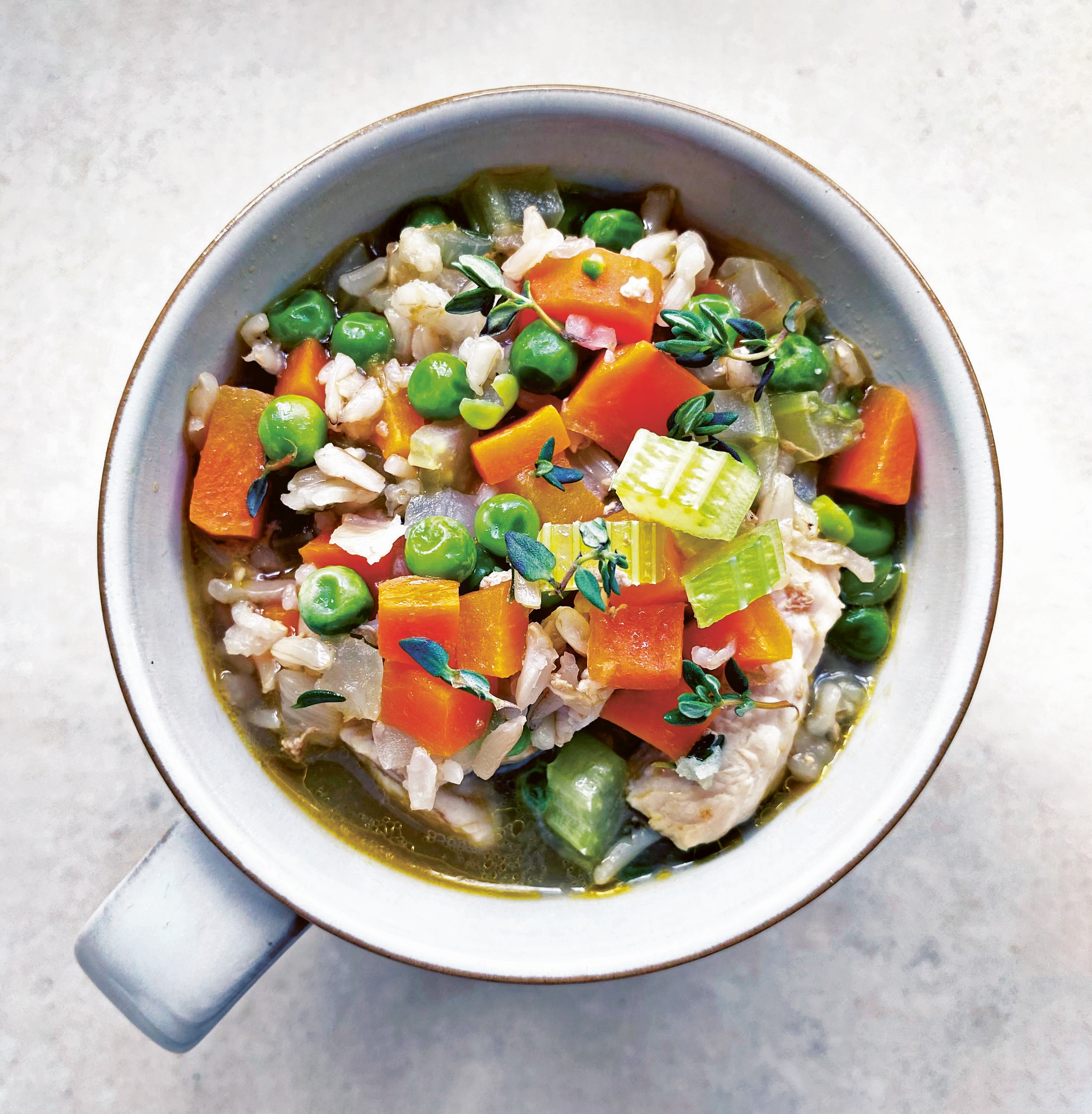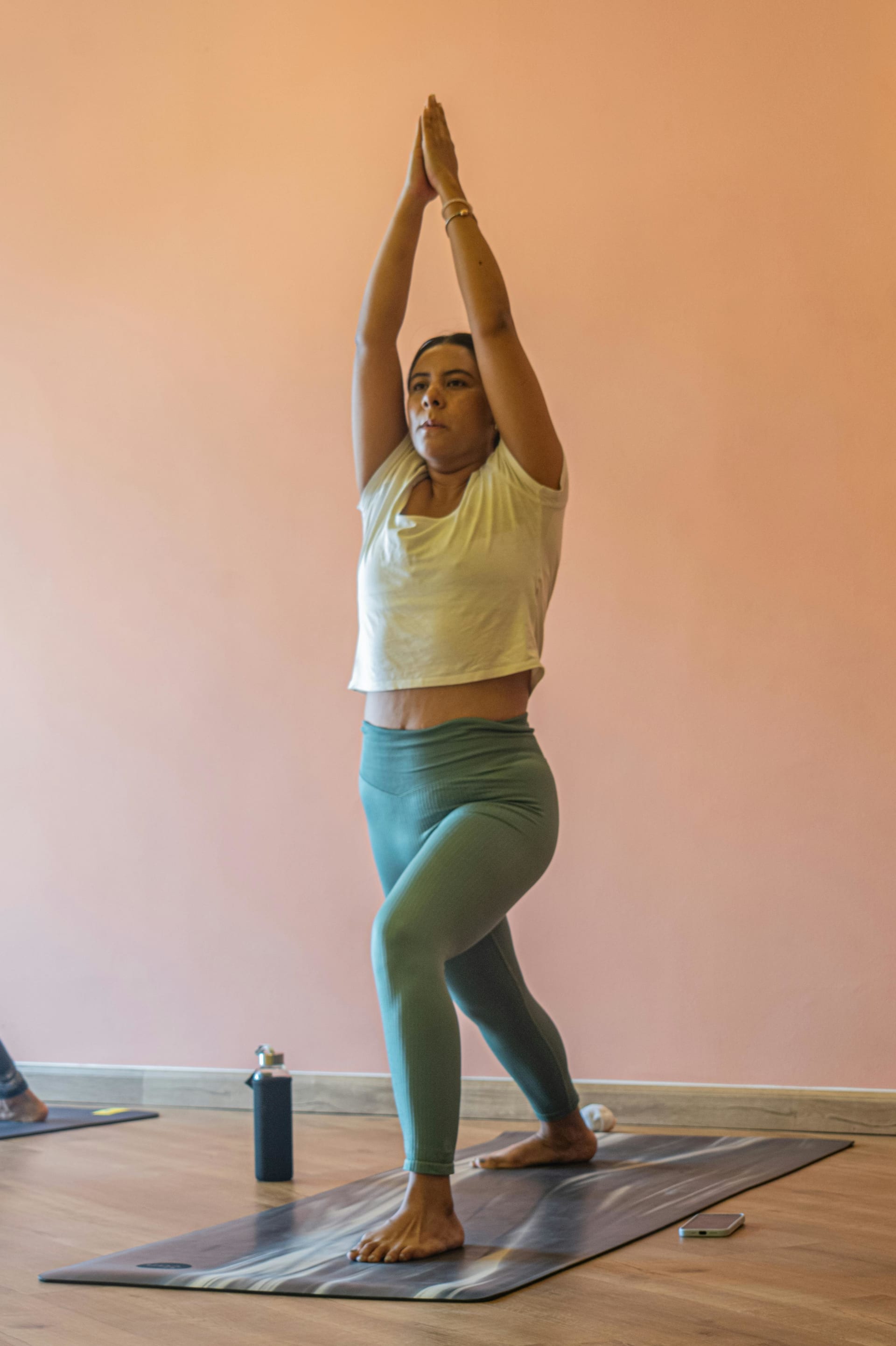Longer days, sunshine and endless opportunities for fun will soon be here when schools are closed for summer. However, with threats like the weather being hotter than usual this year, it's important to ensure our little adventurers stay safe in the sun.
Our article looks at key summer safety tips to ensure your children make happy memories without mishaps.
Be sun savvy
- Suncream is a must: Apply SPF 30+ suncream liberally 15 minutes before playtime and reapply every two hours. Don't forget those ears, shoulders, and noses!
- Get them sunglasses: The sun is strongest between 10am and 4pm. Plan outdoor activities for mornings or evenings, and always have a pop-up tent or umbrella handy for shade breaks.
- Dress to protect: Lightweight, breathable clothing with long sleeves and pants offer built-in sun protection. Opt for natural fabrics like cotton or linen that allow for air circulation.
Water safety
- Enrol in swim lessons: Swim lessons are an invaluable investment. Even if your child is comfortable in paddling pools or splashing around the shallows, accidents can happen with around 400 people dying each year. Find courses at your local leisure centre or pool, and choose instructors qualified by the Swimming Teachers' Association.
- Adult supervision is key: Never leave your child unattended near water, no matter their age or perceived swimming ability. Designate a "water watcher" who takes responsibility for supervision during pool time or beach trips.
Accidents happen: Knowing Your options
While we take every precaution, accidents can occur. If your child is injured due to someone else's negligence, you may be able to make an accident claim. This could be caused by a faulty playground structure or an unsupervised pool area.
Keeping safe on the playground
- Age-appropriate play: Watch your children on playgrounds and ensure they use equipment suited for their age and abilities. Look for a cushioned surface under play structures to minimise falls and check for hazards like broken equipment or loose screws.
- Beware of hot equipment: Metal slides and swings can become scorching under the summer sun. Teach your children to wait for hot objects to cool down or choose alternative activities in the shade.
- Prepare for scrapes: Pack a small first-aid kit with bandages, antiseptic wipes and pain relievers for minor bumps and scrapes that are inevitable during active play.
Summertime Snacks and Hydration
- Pack healthy options: Fill your backpack with water, fruits and vegetables. Avoid sugary drinks and processed snacks that can lead to dehydration and sluggishness. Fruits like watermelon and cucumber have a high water content, keeping your little ones cool and hydrated.
- Water breaks: Encourage regular water breaks, even if your child doesn't feel thirsty. Invest in a fun, reusable bottle with a straw or easy-to-use spout to make staying hydrated enjoyable.









